The Australian education sector is facing a storm of controversy as the Coalition introduces a new policy aimed at slashing international student numbers. The plan, spearheaded by Peter Dutton, has sparked outrage among higher education bodies and industry experts alike. Accusations are flying that the government is playing the “Donald Trump anti-migration card” in a move that could have far-reaching implications.
“The Coalition’s 25% international student cap would undermine the $50bn education sector without improving the housing crisis,”
warns Bran Black, Chief Executive of the Business Council of Australia. This cap threatens to significantly impact universities across the country, potentially reshaping the landscape of tertiary education in Australia.
Dutton’s proposal includes reducing annual international student commencements by over 80,000 compared to 2023 levels. This would result in a cap on commencements at publicly funded universities like the University of Sydney and University of Melbourne, while also affecting VET, private universities such as Bond University, and non-universities including institutes of higher education and colleges.
“Our problem is that it’s been distortionary to the housing market,”
Dutton stated regarding the impact of international students on accommodation availability—a claim disputed by experts. The proposed measures extend further to capping public universities’ foreign student intake at around 25% and increasing student visa application fees significantly.
Vicki Thomson, CEO of Go8 (Group of Eight), expresses disbelief at the additional burden placed on top-tier institutions under this plan. She criticizes what she sees as an unjust targeting of leading universities that attract top global talent. This sentiment is echoed by Phil Honeywood from the International Education Association of Australia who accuses Dutton of employing divisive tactics reminiscent of populist anti-immigration rhetoric.
Abul Rizvi, a former senior immigration official, raises concerns about the efficacy of caps as a policy tool in maintaining educational standards. He highlights potential consequences for course quality and student experiences under such stringent limitations. Additionally, Rizvi questions why publicly funded universities are bearing more significant reductions compared to private providers with questionable track records in integrity.
As debates rage on about this controversial move by the government, industry insiders fear grave repercussions for an already fragile sector hit hard by external uncertainties. Luke Sheehy from Universities Australia warns that these cuts could deal a severe blow to one of Australia’s key revenue streams while casting doubts on claims about addressing housing issues effectively through these policies.
With billions at stake annually and economic indicators pointing towards turbulent times ahead globally, stakeholders urge policymakers to reconsider their approach towards nurturing successful sectors like education—a realm where Australia enjoys competitive advantages internationally.
The ramifications are not limited solely to academic circles but extend into broader economic considerations given that education stands as one of Australia’s major exports worldwide. As tensions escalate between vested interests and political agendas, questions loom large over how this policy shift will shape the future trajectory for both students seeking quality education and institutions striving for sustainability amidst changing landscapes.
In light of these developments within Australia’s educational domain—the battleground for competing visions—uncertainty prevails over what lies ahead for those reliant on its stability and vibrancy.


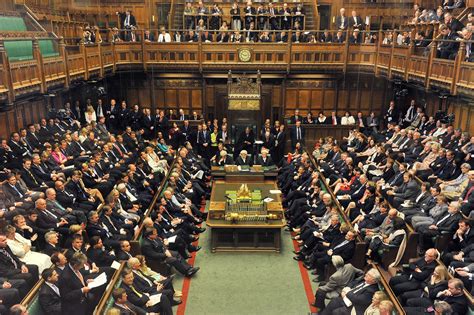
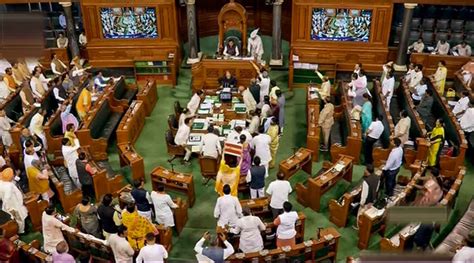
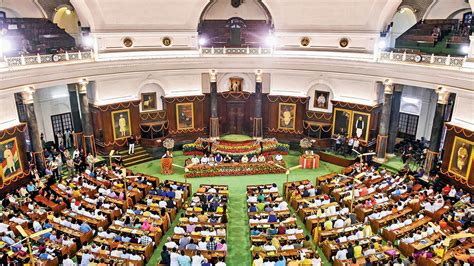
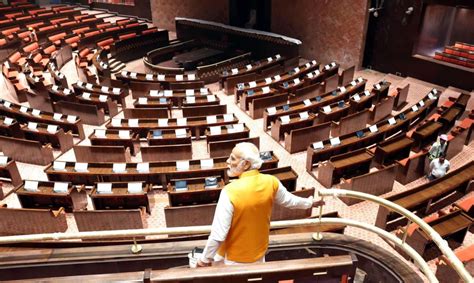
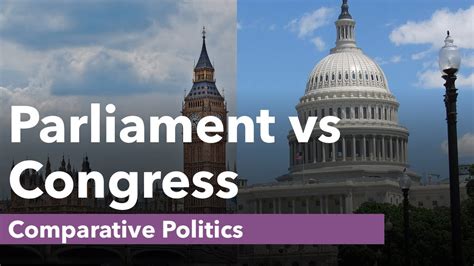
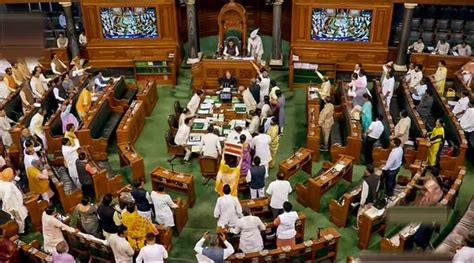

Leave feedback about this